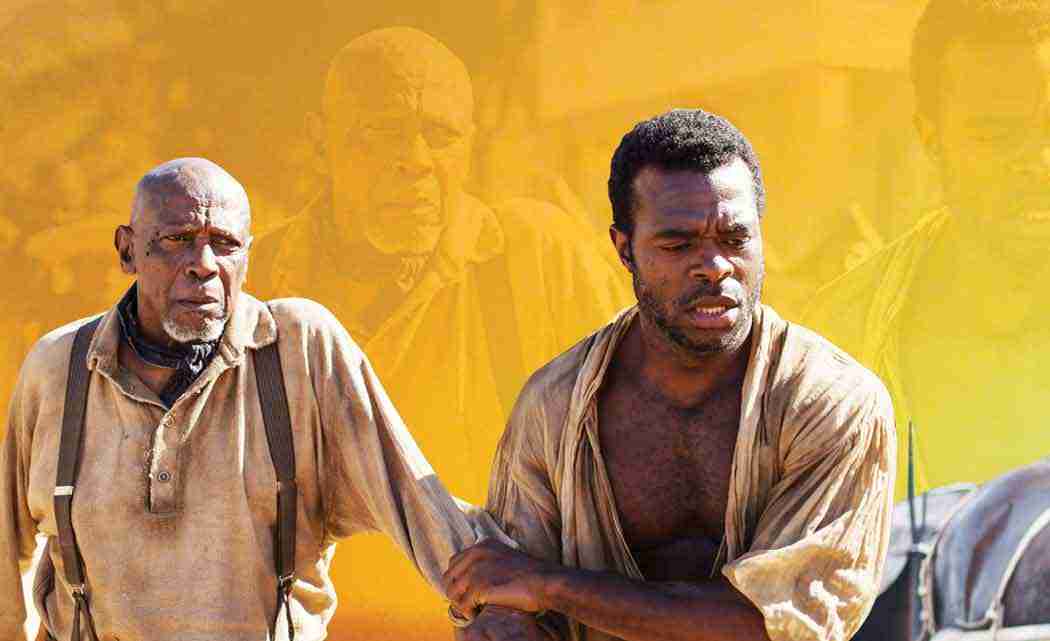PHOTOs Courtesy of Entertainment One/BET
NEW YORK — This Black History Month BET launches its first-ever event miniseries The Book Of Negroes, a six-part historical drama in the tradition of Roots, based on Lawrence Hill’s award-winning, Oprah Winfrey-listed novel (known in the United States as Someone Knows My Name). The highly anticipated television event will run over the course of three consecutive nights in two-hour installments starting 8 p.m. Monday.
The Book Of Negroes depicts the extraordinary life journey of Aminata Diallo (Aunjanue Ellis) – an indomitable African woman who cuts a swath through a world that is pre-disposed to underestimate her. Kidnapped by slave traders in West Africa and subsequently enslaved in South Carolina, Aminata must navigate her way through the American Revolution in New York, the isolated refuge of Nova Scotia and the treacherous jungles of Sierra Leone before ultimately securing her freedom in England at the dawn of the 19th century.
Produced by Conquering Lion Pictures, Out of Africa Entertainment, Entertainment One (eOne) and Idelwild Films, the star-studded cast features lead actress Aunjanue Ellis (Ray, The Help, Sleepy Hollow), Oscar winner Cuba Gooding Jr. (Jerry Maguire, A Few Good Men), Oscar and Emmy winner Louis Gossett Jr. (An Officer and a Gentleman, Roots, Boardwalk Empire), Lyriq Bent (Rookie Blue), Oscar nominee Jane Alexander (The Cider House Rules), Ben Chaplin (The Thin Red Line) and Allan Hawco (Republic of Doyle).
The Book Of Negroes is a historical document which records names and descriptions of 3,000 African-American slaves who had to work for the British army during the American Revolution in order to qualify for their freedom and were evacuated by the British by ship to points in Nova Scotia. The book was assembled by Samuel Birch under the direction of Guy Carleton, 1st Baron Dorchester. African Americans who escaped to the British during the American Revolutionary War became the first settlement of Black Canadians. Other Black loyalists were transported to settlements in several islands in the West Indies and some to London. Recorded in 1783, this 150-page document is the only one to have ever recorded Black Americans in a large, detailed scope of work.













No Comment